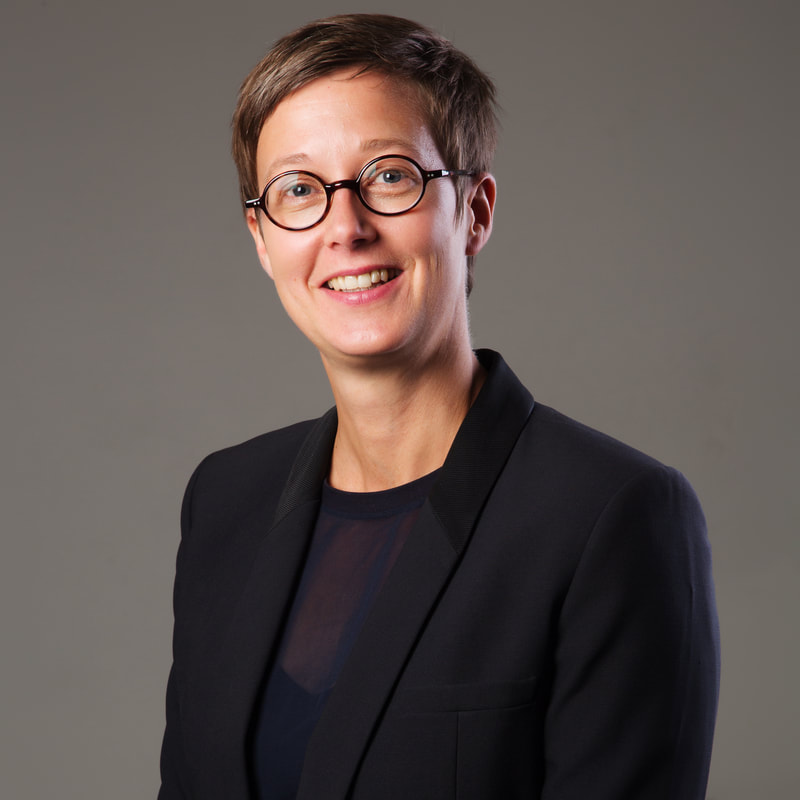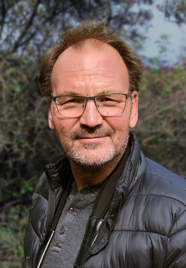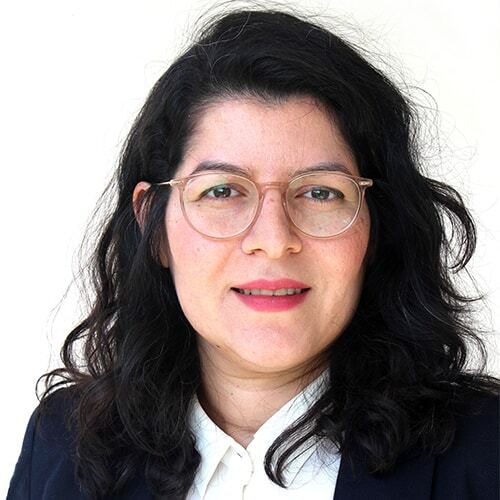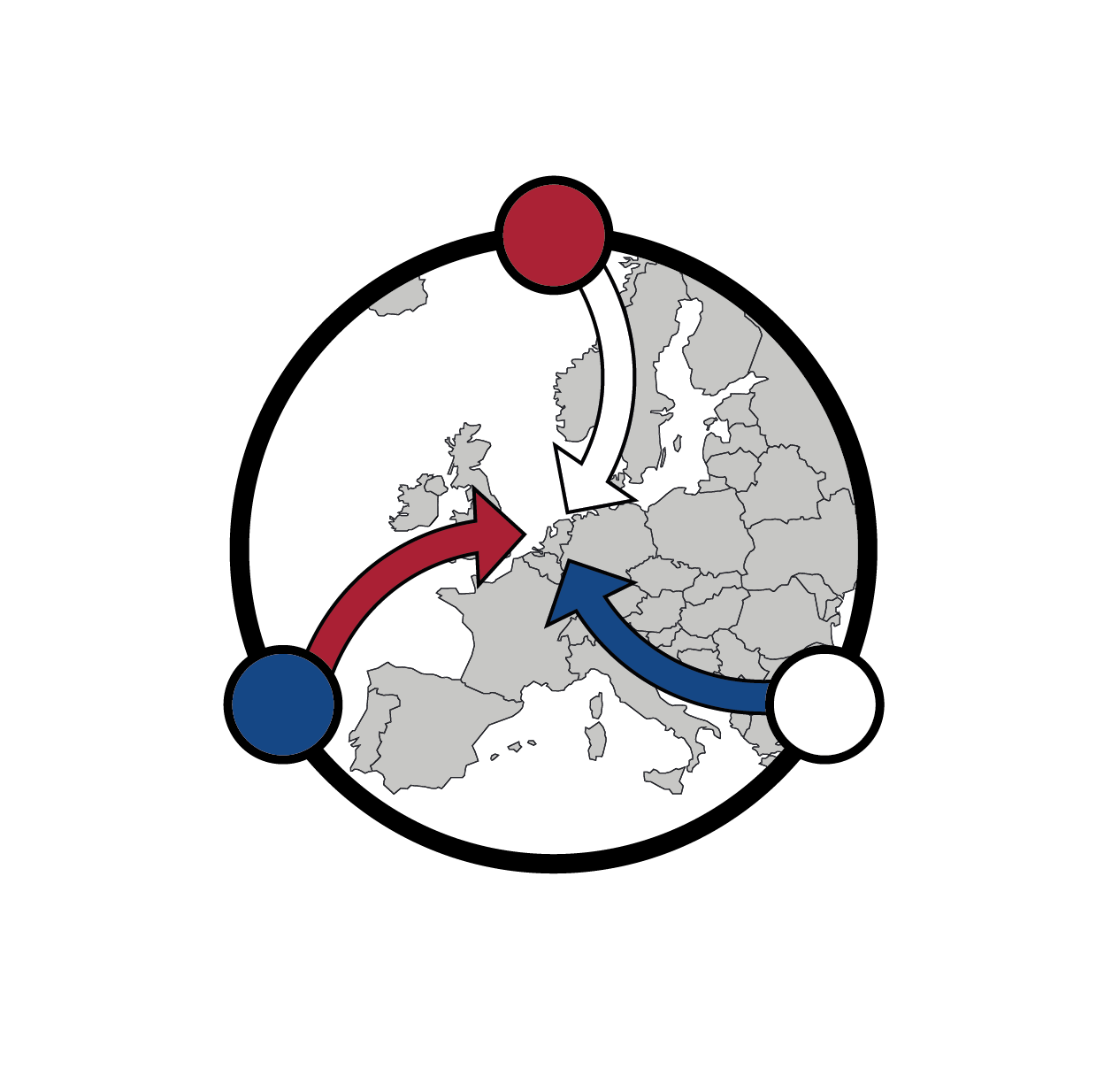Speakers

Karoline Wiesner is Professor of Complexity Science at the University of Potsdam, Germany, and External Faculty of the Complexity Science Hub Vienna. With a PhD in physics from Uppsala University, Sweden, and after research fellowships at the Santa Fe Institute and the University of California, Davis, she joined the School of Mathematics at the University of Bristol in 2007 as Assistant Professor and the Institute of Physics and Astronomy at the University of Potsdam in 2021 as full professor. In the past, Karoline Wiesner has held Visiting Research Professorships at the Potsdam Institute for Climate Impact Research, at the Institute for Theoretical Physics at Lund University, and at the Niels Bohr Institute at Copenhagen University. She is the author of “What is a complex systems”, published with Yale University Press (2020).

Maria is a JSMF Postdoctoral Fellow at the Complexity Science Hub Vienna. Her research draws from network science, natural language processing, and agent-based modelling and focuses on labour economics, the future of work, green transition, the economic impact of the Covid-19 pandemic and the Great Resignation. Maria has a PhD in Mathematics from Oxford University, where she was part of the Complexity Economics group of the Institute for New Economic Thinking at the Oxford Martin School. She has worked alongside international policy organizations, including the International Monetary Fund and the International Labour Organisation. Before her postgraduate studies, Maria did her undergraduate studies in Physics at UNAM, Mexico.

André de Roos is professor of theoretical ecology and external faculty member Santa-Fe (more info soon).

Fariba Karimi has been a team leader in computational social science at the CSH Vienna and an assistant professor at the Department of Network and Data Science at CEU since March 2021. Fariba received her PhD degree in physics and computational science from Umea University (Sweden) in 2015 and was a PostDoc at GESIS – Leibniz Institute for Social Sciences in Germany. Fariba’s research focuses on computational social science, the emergence of biases and inequality in networks and algorithms, and modeling human behavior. Her recent research revolves around the topics of visibility of minorities in social networks, the impact of network structure on ranking and recommender algorithms, and disparities in academia and its impact on under-represented groups. She combines statistical analyses of large datasets of online interactions with computational models, agent-based modeling, and network analysis. In 2022, Fariba together with a team of international researchers was awarded an EU Horizon grant to study multi-criteria fairness in AI systems.
